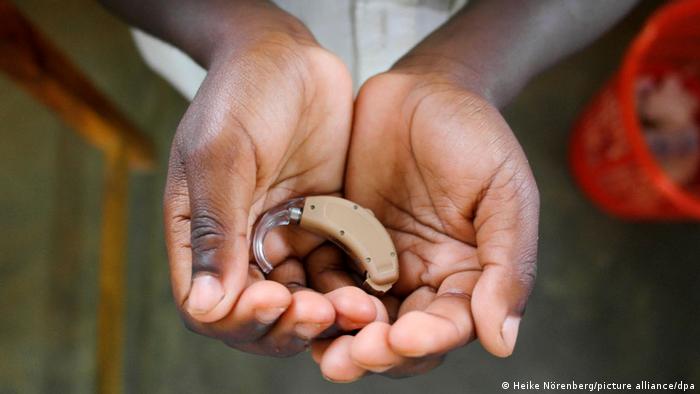A PATIENT in the UK is being tested for a number of illnesses including Ebola, with results expected in the next few days.
An area of Colchester Hospital in Essex was closed overnight this week so staff could deal with an “infection control issue”;, The Sun exclusively revealed.
The patient is understood to have raised concerns after developing viral symptoms and revealing their recent travel history.
Officials at the UK Health Security Agency (UKHSA) said it is routine to test unwell returning travellers for a variety of infectious diseases.
Just last month, doctors in the UK were told to be on high alert for the illness, following an outbreak in Uganda.
The country is trying to combat the spread of Ebola, which has caused 141 cases and 55 deaths since September 20.
At the time, Dr Meera Chand, UKHSA Director of Clinical and Emerging Infection, said: “UKHSA constantly monitors emerging infection threats in collaboration with partners across the world.
“We are aware of an outbreak of Ebola cases in Uganda and are monitoring the situation closely. The risk to the public in the UK is very low.”;
Uganda has had multiple Ebola outbreaks, including one in 2000 that killed more than 200 people.
The current Ebola outbreak in central Uganda has a 69 per cent case fatality rate.
The UKHSA had been monitoring the outbreak and had urged health professionals to be on the lookout for signs of illness
Guidance from the NHS states that a person who has the illness will typically develop:
- high temperature
- headache
- joint and muscle pain
- sore throat
- severe muscle weakness
For most people, these will start suddenly, between two and 21 days after becoming infected.
Other symptoms can then follow, including diarrhoea, being sick, a rash, stomach pain, and reduced kidney function.
The bug is spread through contact with the blood, body fluids or organs of a person or animal with the infection.
The NHS states that you can become infected by directly touching the body of someone who has symptoms, or who has recently died from the disease.
You may also become unwell from cleaning up body fluids or touching the soiled clothing of an infected person.
This is because the virus can survive for several days outside the body.
Having sex with an infected person without using a condom or handling or eating raw, undercooked ‘bushmeat’, can also spread the virus.
There is no treatment for Ebola and if you catch it you have to quarantine immediately.
A spokeswoman for the East Suffolk and North Essex NHS Foundation Trust, which runs Colchester Hospital, said the 24-hour urgent treatment centre had fully reopened by 7am today.
“Thank you to all patients and staff for their support this afternoon when we had to temporarily close an area in the urgent care centre to deal with an infection control issue,”; she said.




